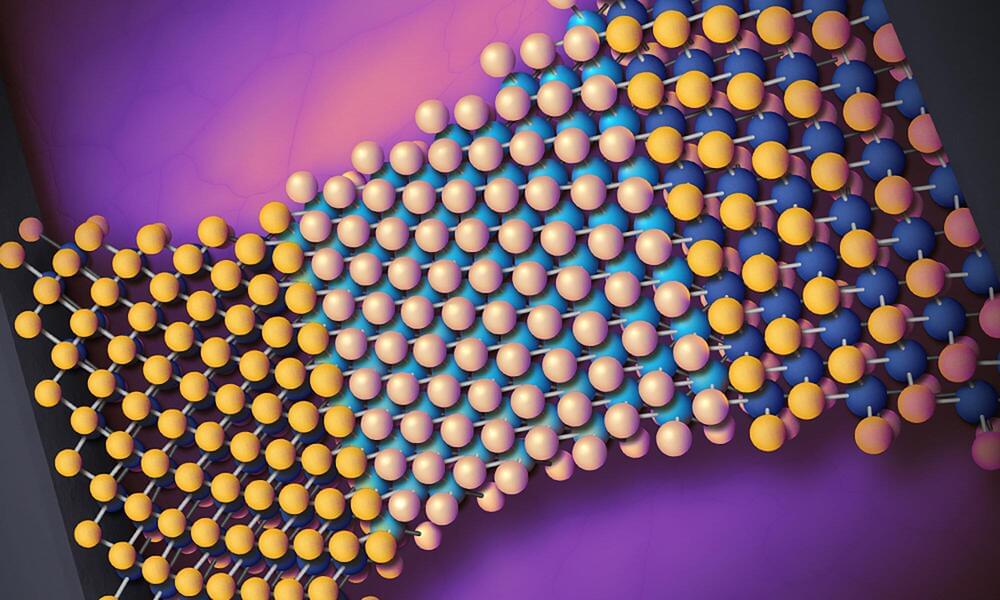By strategically straining materials that are as thin as a single layer of atoms, University of Rochester scientists have developed a new form of computing memory that is at once fast, dense, and low-power. The researchers outline their new hybrid resistive switches in a study published in Nature Electronics.
Developed in the lab of Stephen M. Wu, an assistant professor of electrical and computer engineering and of physics, the approach marries the best qualities of two existing forms of resistive switches used for memory: memristors and phase-change materials. Both forms have been explored for their advantages over today’s most prevalent forms of memory, including dynamic random access memory (DRAM) and flash memory, but they have their drawbacks.
Wu says that memristors, which apply voltage to a thin filament between two electrodes, tend to suffer from a relative lack of reliability compared to other forms of memory. Meanwhile, phase-change materials, which involve selectively melting a material into either an amorphous state or a crystalline state, require too much power.
